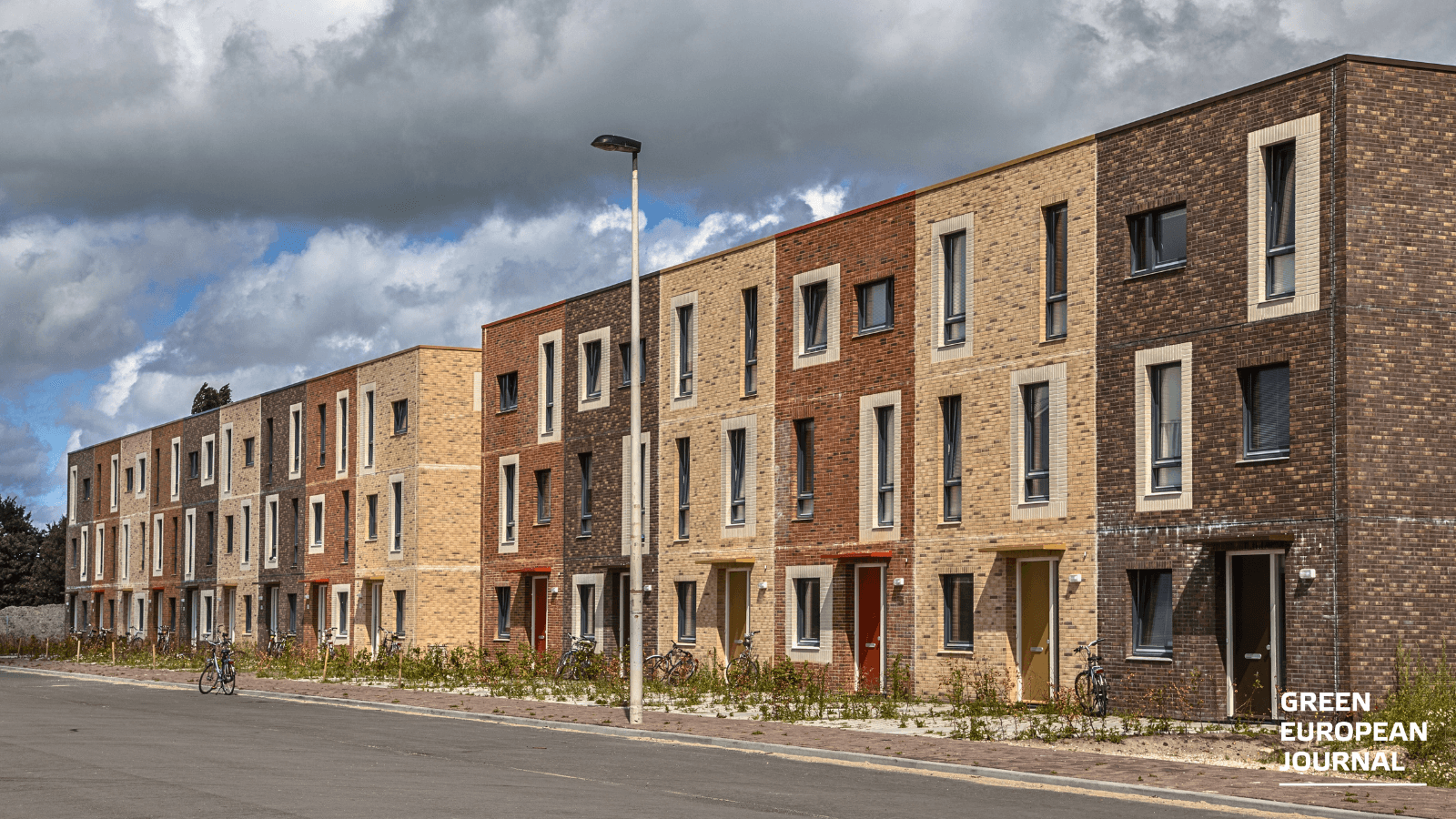AI-Generated Summary
In the Netherlands, two local politicians, Rik Thijs from Eindhoven and Martijn Balster from The Hague, are addressing the pressing housing crisis through proactive land policies aimed at expanding municipal land ownership. This effort comes in response to soaring land prices driven by speculation and the increasing presence of foreign investors, which complicates affordable housing development.
Importance of Active Land Policy
Rik Thijs emphasizes that local governments must take an active role in city development, particularly in addressing climate, biodiversity, and housing crises. An active land policy is crucial for building social housing and managing local facilities effectively. Martijn Balster echoes this sentiment, highlighting that municipalities can influence land prices and promote affordable housing by managing land more effectively.
High Land Prices and Speculation
The high land prices in cities like Eindhoven and The Hague are attributed to speculation and the influx of investors primarily from larger cities. These foreign parties often prioritize short-term financial returns, making it difficult for local governments to negotiate and control land use.
Eindhoven’s Proactive Approach
Eindhoven has adopted a unique strategy by purchasing land and retaining ownership instead of selling it, with exceptions made for housing corporations to promote affordable housing. The municipality also views leaseholds as instruments for maintaining control, rather than merely a source of revenue, which contrasts with the practices seen in cities like Amsterdam.
Challenges in Active Land Management
Both politicians acknowledge that municipalities have lost the art of active land management over the decades due to financial constraints and a lack of expertise. Balster mentions the need for municipalities to regain the capacity to manage land effectively, while Thijs points to the strategic investment credits available in Eindhoven to fund land purchases and redevelopment.
Government Support for Local Initiatives
Balster advocates for greater government funding to enable municipalities to play a more active role in land management. He reminisces about a time when urban renewal efforts were supported by government incentives for affordable housing.
Successful Land Acquisition Examples
Both cities provide examples of successful land acquisitions. Balster cites the purchase of a vacant hospital in The Hague aimed at housing vulnerable groups. Thijs refers to the Knoop XL project in Eindhoven, which includes significant land designated for housing and offices, allowing for municipal control over future developments.
Environmental Goals and Community Engagement
Eindhoven also utilizes land policy to achieve environmental objectives, exemplified by the acquisition of the Wielewaal estate, which is planned to be transformed into a publicly accessible city park. This initiative has garnered internal support and demonstrates how municipalities can align land policy with broader social goals.
Collaboration and Tools for Effective Policy
Thijs emphasizes the need for collaboration among local administrators to optimize land instruments. Both politicians encourage municipalities to leverage available tools to ensure affordable housing and sustainability. In summary, the proactive land policies being implemented by Thijs and Balster illustrate a significant shift towards municipal control over land use in the face of rising housing challenges in the Netherlands. Their strategies aim to create sustainable, affordable living conditions while addressing environmental concerns, serving as a model for other European cities facing similar issues.
